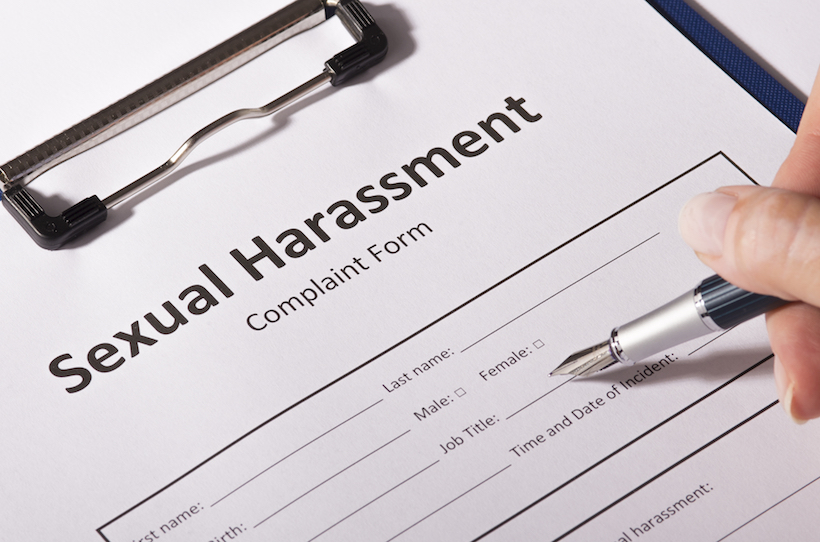
The Role of the Criminal Defense Attorney: How to Reconcile Protecting the Client and Being Ethical
By Tanmay Gupta The role of the defense attorney is one that is very controversial in criminal law. On October 27th of this year, a federal judicial panel rejected a proposal to force defense attorneys to disclose more information, primarily financial statements of a defendant when he asks for a court appointed lawyer. [1] These issues seem to constantly get debated by legal panels on … Continue reading The Role of the Criminal Defense Attorney: How to Reconcile Protecting the Client and Being Ethical








